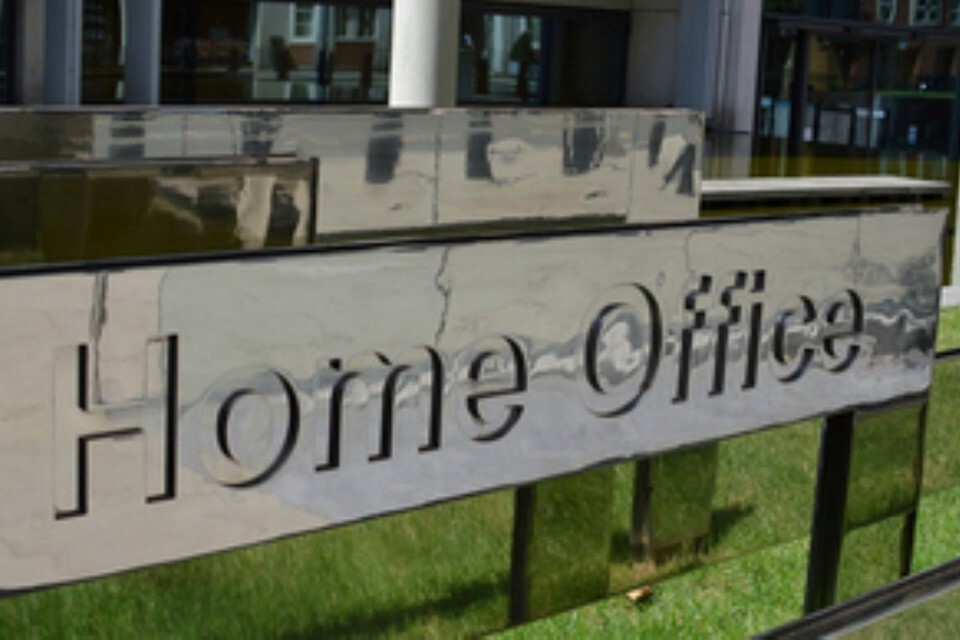A Spanish tourist was injured after a bear attacked him at the Unesco World Heritage site of Shirakawa-go in Japan’s Gifu prefecture on Sunday morning, local authorities said.
The man received a minor injury to his right upper arm, according to the village government.
According to the Shirakawa village government, the incident occurred around 8.30am near a bus stop when the tourist and a friend were taking photographs.
A bear cub, estimated to be about a metre long, suddenly emerged from a nearby bush and scratched the man before retreating into the forest.
Officials later discovered what appeared to be the cub’s tracks near the site, a popular tourist destination known for its traditional thatched-roof houses built in the gassho-zukuri style. The houses were built hundreds of years ago and are known for their thatched roofs.
The wooden homes, designed to withstand heavy snowfall, have earned Shirakawa-go recognition as a Unesco World Heritage Site and draw thousands of visitors each year, both domestic and international.
The village government has now set up an emergency task force and deployed local police and a team of licensed hunters to patrol the area following the attack on the tourist.
Authorities have urged residents and tourists to remain alert and to avoid walking alone in forested or less populated parts of the village, particularly during early morning or late evening hours when bears are more active.
It comes as bear sightings have been increasing across several parts of Japan in recent years, partly due to habitat loss and a shortage of food in the wild. The ministry of the environment has issued advisories urging local governments to take preventive measures, such as installing warning signs and using noise deterrents.
It also loosened restrictions on shooting bears in residential areas in the wake of an alarming rise in bear attacks. Local governments have been allowed to authorise the shooting of wild bears in residential areas under a revised law.
Government figures show a record 219 casualties from bear attacks in the year to March 2024. Nearly 55 cases from April to July this year put the country on track to match last year’s record.
Japan’s local governments reported 3,032 bear sightings in April and May alone, about 500 more than in a typical year.





